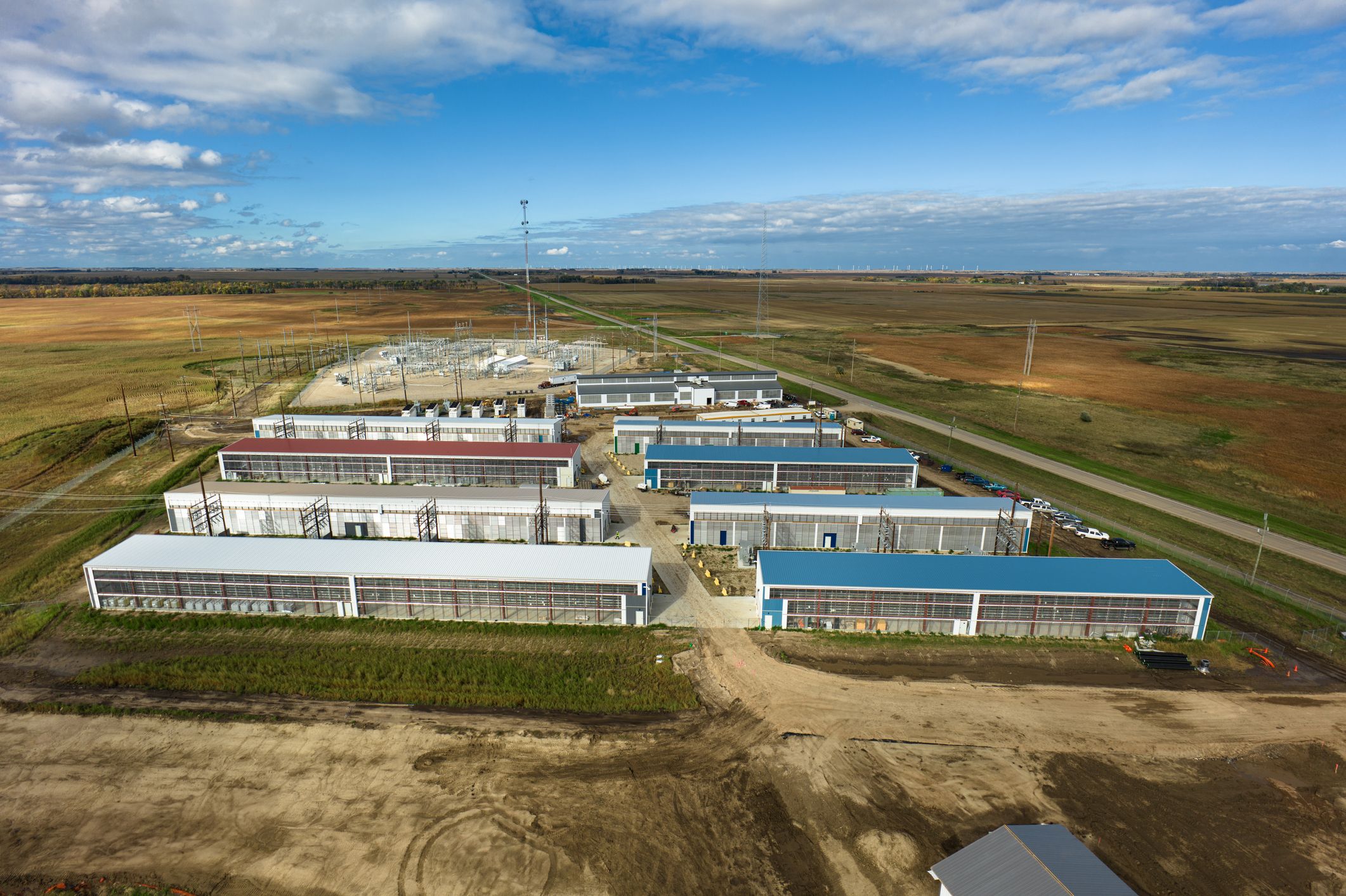AI Is Eating Data Center Power Demand—and It’s Only Getting Worse
AI Is Eating Data Center Power Demand—and It’s Only Getting Worse
Artificial Intelligence (AI) is revolutionizing the way we use technology, but it’s also drastically increasing the…

AI Is Eating Data Center Power Demand—and It’s Only Getting Worse
Artificial Intelligence (AI) is revolutionizing the way we use technology, but it’s also drastically increasing the power demands of data centers. As AI becomes more integrated into our daily lives, the strain on data centers is only expected to grow.
AI algorithms require massive amounts of data to function efficiently, leading to an exponential increase in the amount of energy needed to power and cool data centers. This surge in energy consumption is a major concern for environmentally-conscious organizations and governments.
Data centers are already some of the largest consumers of electricity in the world, and the rise of AI is only exacerbating this issue. As AI technologies continue to advance, data center operators must find innovative ways to improve energy efficiency and reduce their carbon footprint.
One potential solution is the development of more energy-efficient hardware specifically designed for AI workloads. Additionally, advances in cooling technologies and renewable energy sources can help offset the growing power demand of data centers.
Despite these challenges, AI has the potential to greatly benefit society in terms of improved healthcare, transportation, and communication. It is essential for data center operators and technology companies to work together to find sustainable solutions that balance the power demands of AI with environmental concerns.
In conclusion, the rise of AI is driving up data center power demand, presenting significant challenges for the industry. It’s crucial for stakeholders to prioritize energy efficiency and sustainability in order to mitigate the environmental impact of AI technologies.




